How to Reduce the Side Effects of Finasteride—the Hair Loss Medication Explained
Published Aug. 23 2023, 10:17 a.m. ET
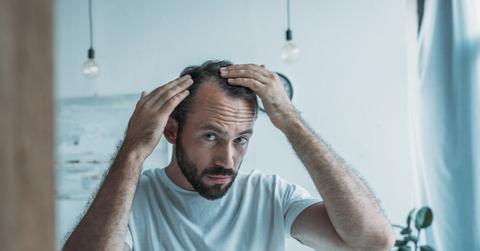
Finasteride is a medication that prevents male pattern hair loss and benign prostate hyperplasia by acting as a hormone blocker. Although popular, some people have reported side effects such as erectile dysfunction, ejaculation disorder, decreased libido, and skin rashes.
Because of these possible reactions, many cease taking the medication altogether. However, there are ways to reduce the side effects of finasteride when taken. Here's what you can do.
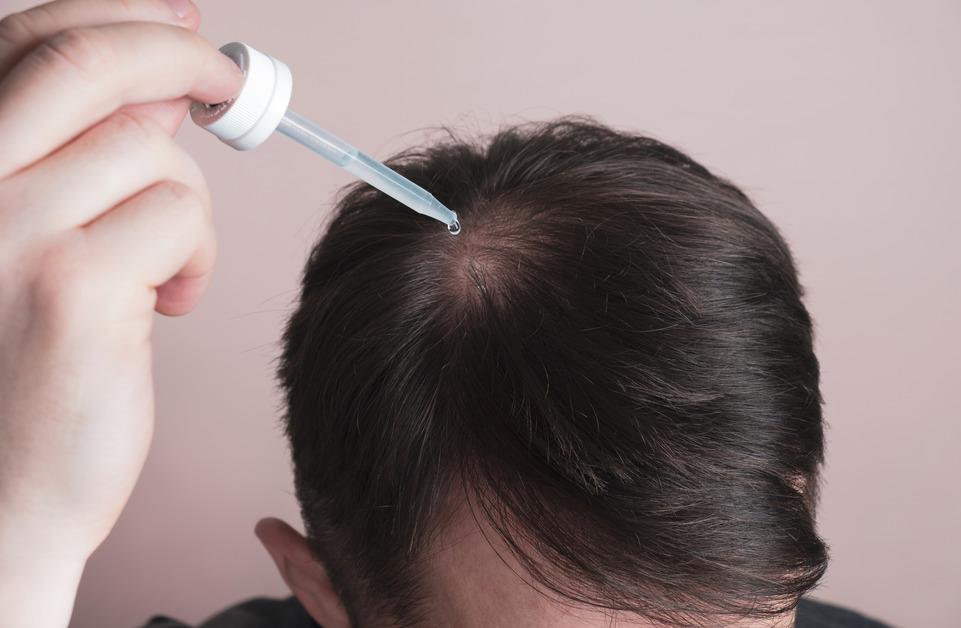
Here's how to reduce the side effects of finasteride:
Although side effects from finasteride are fairly uncommon, like any medication, they are possible. So, to reduce the likelihood of any undesired effects of the medication, it's recommended to reduce your dosage and try taking your dose with food, per Oxford Online Pharmacy.
Suppose you are experiencing severe side effects or continue seeing side effects after reducing your dosage. In that case, you should consider seeing a medical professional on whether it's safe to continue the medication.
Although finasteride is approved by the Food and Drug Administration (FDA) and can effectively treat hair loss, it's important to know the possible side effects before adding it to your routine. So, let's look at what you should know about finasteride.
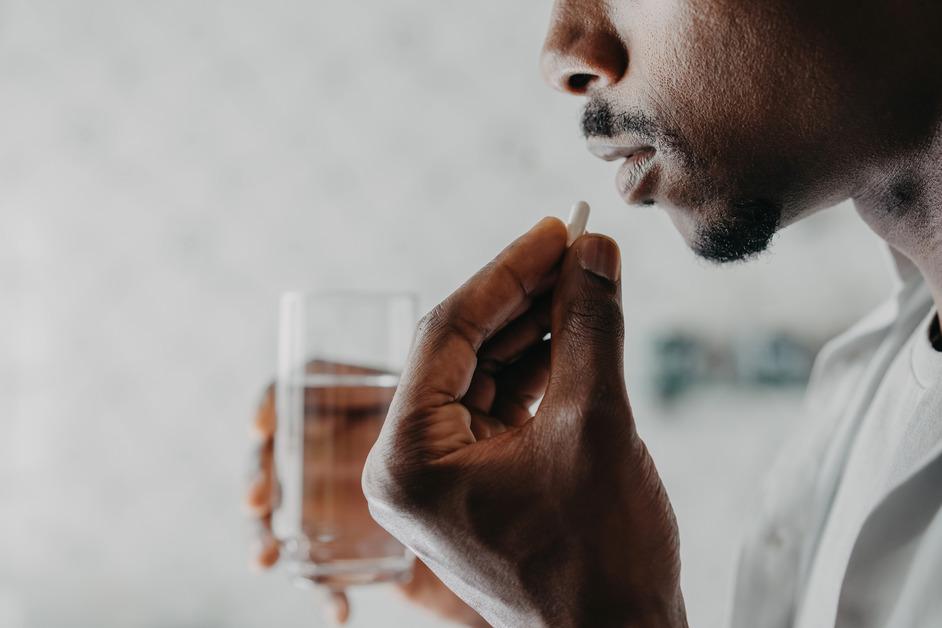
What is finasteride?
Finasteride is a popular medication that can be taken to prevent hair loss in men and the effects of benign prostate hyperplasia or an enlarged prostate. However, it is most commonly used for androgenetic alopecia or male pattern baldness.
Finasteride decreases the amount of dihydrotestosterone (DHT) in the body, which is the hormone responsible for male pattern baldness and the prostate's growth, per Healthline.
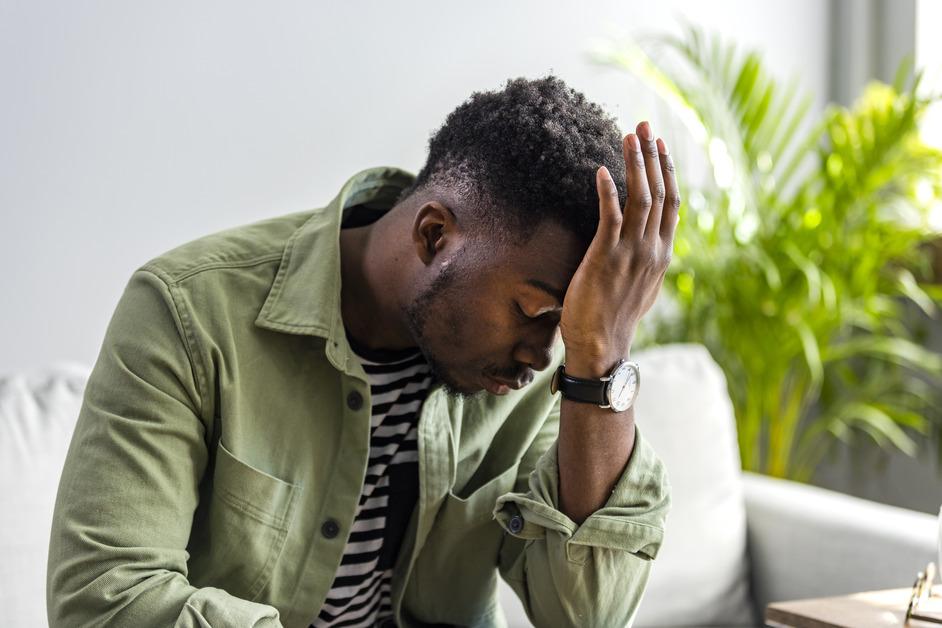
According to Hims, Finasteride acts as a blocker when the enzyme 5-alpha-reductase tries to convert testosterone into DHT. Decreased amounts of DHT can prevent the hair follicles from shrinking, thus preventing many men from balding.
What are all the possible side effects of finasteride?
Although successful for many, finasteride can have side effects, some worse. Knowing possible adverse reactions can be helpful, but it is always a good idea to consult a medical professional before taking finasteride.
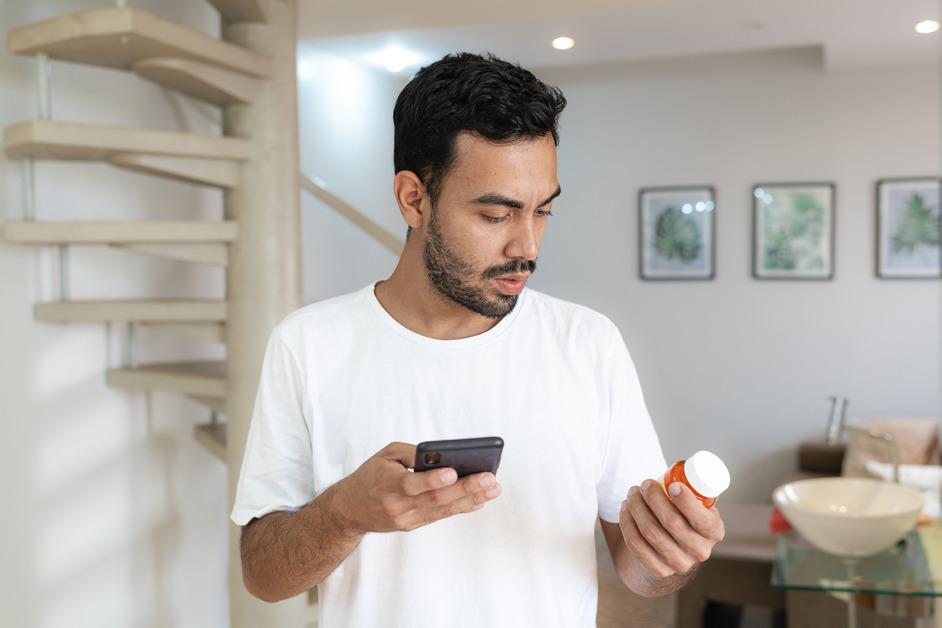
The most common side effects reported from taking finasteride include decreased libido, trouble achieving an erection, skin rashes, ejaculation disorder, and increased breast size. Although common, these side effects can become severe and require a doctor's attention, per Healthline.
Possible serious side effects from finasteride include pain in the breasts and testicles, blood in the semen, nipple discharge and breast tenderness, and depression. According to Hims, there is also the possibility of an allergic reaction to the medication, which could appear as a rash, hives, or swelling. If you feel these side effects are severe or life-threatening, seek medical attention immediately.
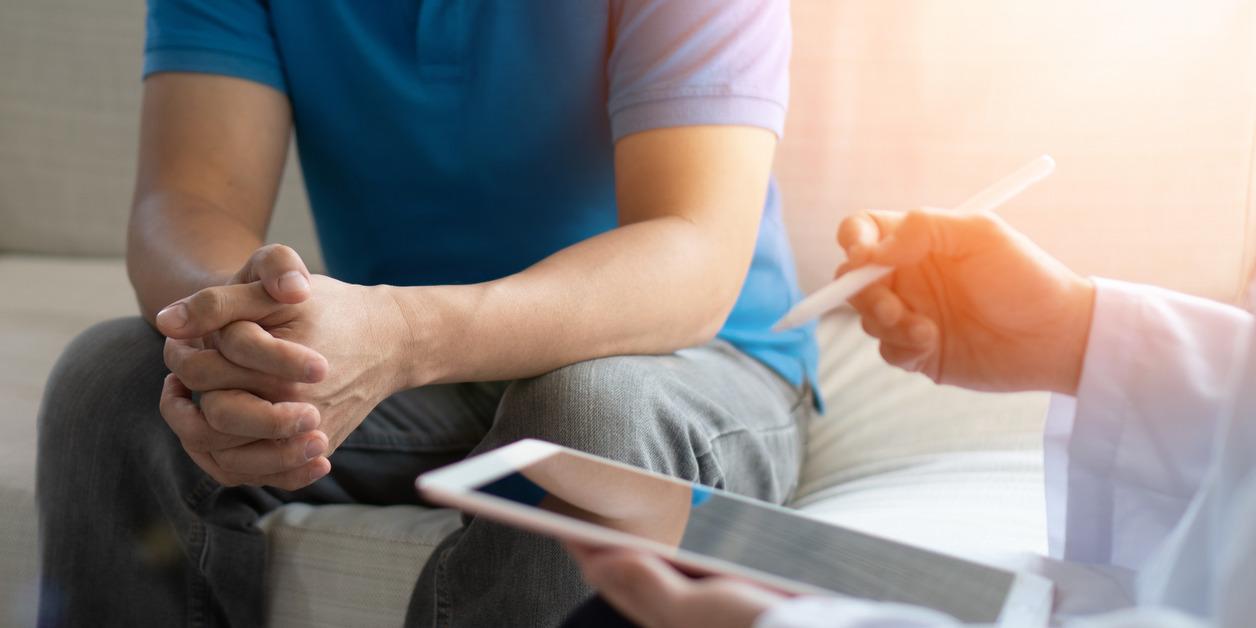
According to Allo Health, finasteride can also interfere with other medications, which could negatively affect your health or lessen the impact of the medication altogether. Talking to a doctor or pharmacist before taking finasteride can help reduce any interference with other medications.